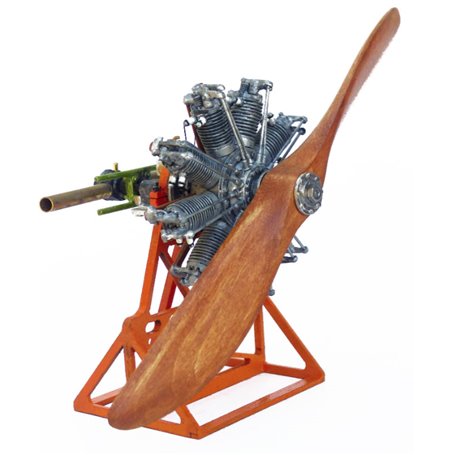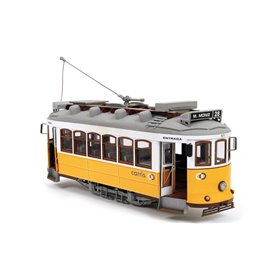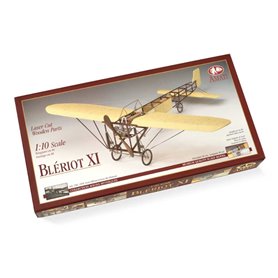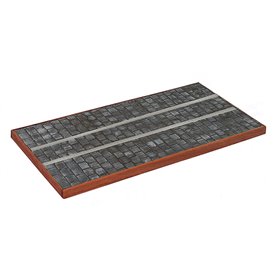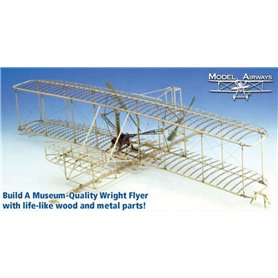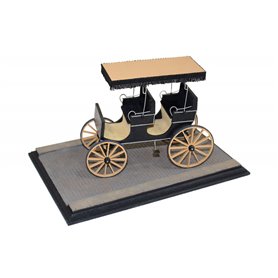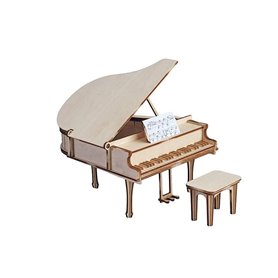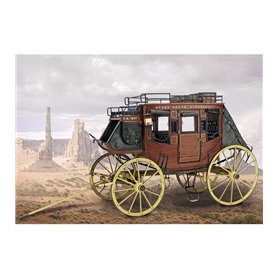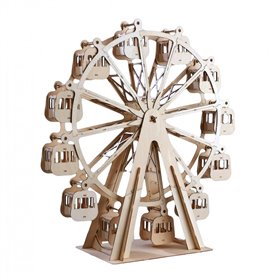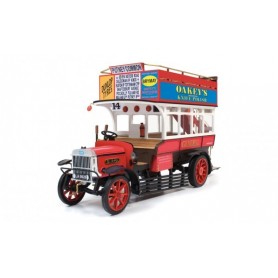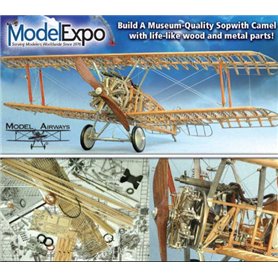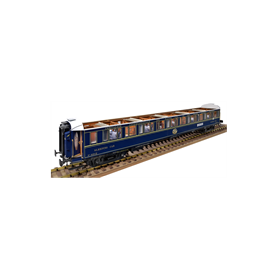1/16 Model Airways Sopwith Camel Clerget Rotary Engine
1/16 Model Airways Sopwith Camel Clerget Rotary Engine
-
 Secure payment in our shop!
Secure payment in our shop!
1/16 Model Airways Sopwith Camel Clerget Rotary Engine.
HISTORY
Developed by Clerget and manufactured in France, the Clerget 9B was an improvement over the company's seven cylinder, 80 hp rotary airplane engine. In versions of 110 to 140 hp, these models saw widespread use throughout the first world war in the F.1 Camel, Triplane and Baby by Sopwith, and in the Nieuport 12. The model 9B was rated at 130 hp in normal use but could be pushed to 135 in an emergency at 1,250 rpm. Maximum weight was 380 pounds.
Although a counter-intuitive design by today’s standards, fixing the propeller to a spinning engine on a stationary crankshaft simplified cooling, had an excellent weight to horsepower ratio and allowed greater flexibility in locating the aircraft’s center of gravity – affecting maneuverability -- over the in-line engines of the time. One drawback, however, was the pronounced gyroscopic effect that pulled the aircraft to the right. To fly in a straight line, pilots had to compensate for this by applying constant left rudder.
The Clerget rotaries provided improved speed control over the Gnome and Le Rhone rotaries by replacing the standard “blip” switch that temporarily grounded the magneto (killing the ignition) with a selector switch that restricted the engine to run on 9, 7, 5 or even 3 cylinders. Like the earlier rotaries, the Clerget spewed unburned castor-oil from the exhaust, adding to the pilot’s discomfort. Pilots were issued a small bottle of blackberry brandy to counteract the smoke’s laxative effect.
Instructions and prototype by Kenneth H. Goldman
MODEL KIT FEATURES
- Historically accurate, highly detailed metal model of airplane engine
- Three laser cut basswood parts for propeller assembly
- Cast Britannia (pewter) metal & brass engine parts
- Laser cut wooden engine stand
- Clearly written illustrated instructions
Model Specifications:
Scale: 3/4" = 1' (1:16)
Height: 3-3/4" (95mm)
Propeller Diameter : 6-3/4"(171mm)
- Scale
- 1:16

